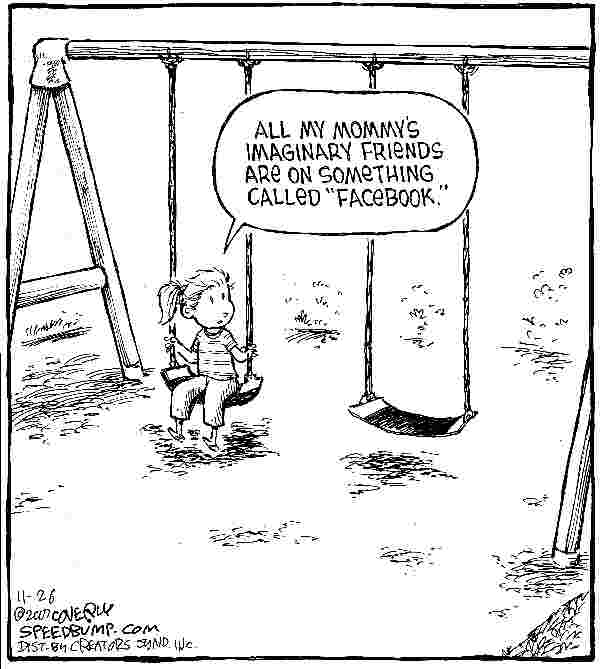Our culture of distraction
I remember the good old days, when I received a dozen or so emails every day at the office, thereby obviating the need to send and receive paper letters on those matters. Then something unproductive happened. As I started getting more and more emails, I found that they were becoming more fragmented, like stretched-out conversations, and more lost in a sea of emails that tried to sell me something or tried to make sure that I was constantly updated as to nothing very important. Keeping up with email, then, has become both an incredible tool and a huge time drain. I think of that every day as I read and create 100 emails, many of which require detailed responses. Email, which was once a way to avoid sending and receiving paper letters, is now taking up several hours of every day. Why don't I turn it off and get a lot more done? Because, every day, I end up decided that I don't want to throw out the baby with the bath-water. I love-hate the way email barely often enough distracts my attention to something that barely often enough requires my attention. Sam Anderson explores our new attention-divided culture in a New York Magazine article titled, "In Defense of Distraction":
This is troubling news, obviously, for a culture of BlackBerrys and news crawls and Firefox tabs—tools that, critics argue, force us all into a kind of elective ADHD. The tech theorist Linda Stone famously coined the phrase “continuous partial attention” to describe our newly frazzled state of mind. American office workers don’t stick with any single task for more than a few minutes at a time; if left uninterrupted, they will most likely interrupt themselves. Since every interruption costs around 25 minutes of productivity, we spend nearly a third of our day recovering from them. We keep an average of eight windows open on our computer screens at one time and skip between them every twenty seconds.

